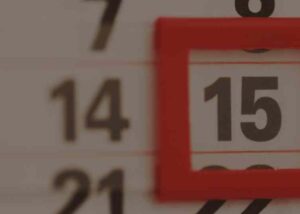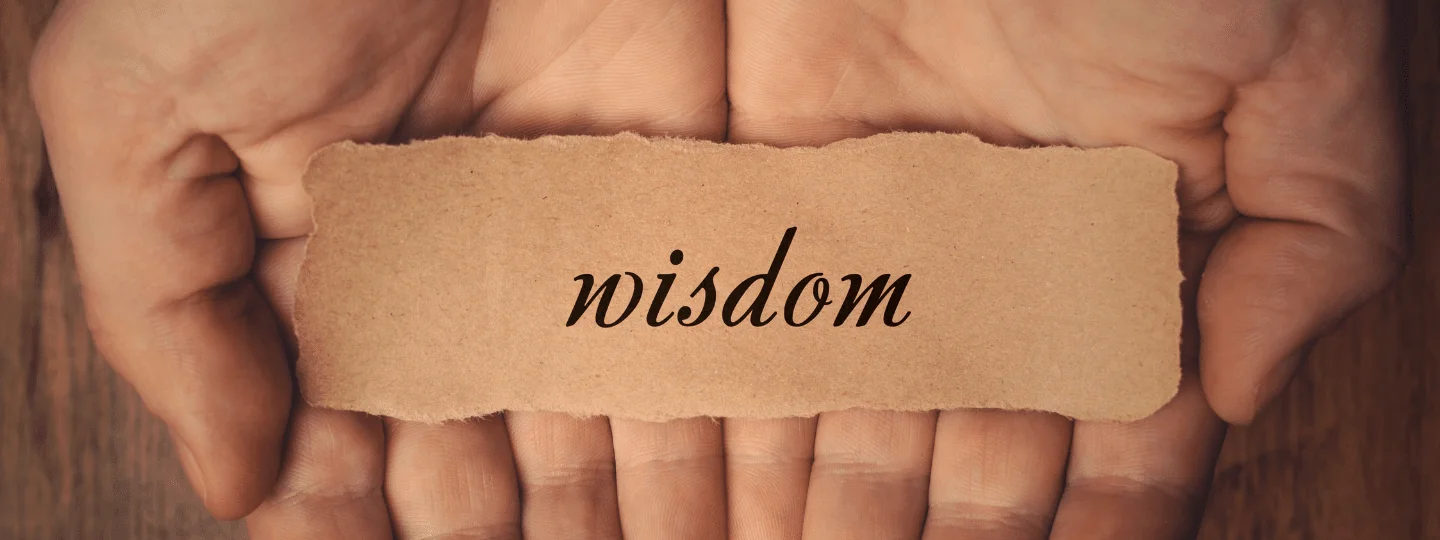Quran
Hadith
Islamic Text
According to some of the greatest authorities in the science of Hadith Imam Abu Hanifah (may Allah Most High have Mercy on him) was not weak in Hadith. Rather he is a sound narrator of Hadith. Such authoritative scholars include, Imam Ibn Hajr al-Asqalani, Imam al-Dhahabi, Imam al-Mizi, Imam Ibn Katheer, Imam Ibn Abd al-Barr and many others.
Some people have taken to saying that Imam Abu Hanifah was a great Imam but he was weak in Hadith, meaning in the science of Hadith. This statement is clearly self-contradictory. Even a brief moment of reflection should help one to realise how unreasonable this statement is. It may be possible to make such a statement for a different type of scholar but not for a Mujtahid Mutlaq. Meaning, you cannot say this regarding a person who derives legal rulings from Quran and Hadith directly.
If someone is genuinely weak in the science of Hadith, then he has no business making Ijtihaad (deriving legal rulings from Quran and Hadith). It would be farcical, outrageous and thoroughly reprehensible for a person to do such a thing. People who believe this have no business calling such a person ‘a great Imam.’ Rather anyone who believes this must condemn such a person and accuse him of criminal behaviour. Yes, it is a crime against the religion of Allah Most High to speak without knowledge. Fortunately, such statements are contrary to reality. In reality, Imam Abu Hanifah was strong in the science of Hadith and truly was one of the greatest Imams in the history of this Ummah. This fact has been established by many of the leading authorities in the science of Hadith.
قَالَ مُحَمَّدُ بنُ سَعْدٍ العَوْفِيُّ: سَمِعْتُ يَحْيَى بنَ مَعِيْنٍ يَقُوْلُ: كَانَ أَبُو حَنِيْفَةَ ثِقَةً، لاَ يُحَدِّثُ بِالحَدِيْثِ إِلاَّ بِمَا يَحْفَظُه، وَلاَ يُحَدِّثُ بِمَا لاَ يَحْفَظُ. وَقَالَ صَالِحُ بنُ مُحَمَّدٍ: سَمِعْتُ يَحْيَى بنَ مَعِيْنٍ يَقُوْلُ: كَانَ أَبُو حَنِيْفَةَ ثِقَةً فِي الحَدِيْثِ. (سير أعلام النبلاء)
Muhammad Ibn Sa’d al-Awfi said: I heard Yahya Ibn Ma’in saying that (Imam) Abu Hanifah was a sound narrator (Thiqah). He did not narrate Hadith except by memory. He would not narrate what he had not memorised. Salih ibn Muhammad said, I heard Yahya bin Ma’in saying: Abu Hanifah was reliable (Thiqah) in Hadith. (Imam al-Dhahabi, Siyar Alaam al-Nubalaa).
وَقَال صالح بن مُحَمَّد الأسدي الحافظ: سمعت يَحْيَى بن مَعِين يَقُولُ: كَانَ أَبُو حنيفة ثقة فِي الحديث. (تهذيب الكمال في أسماء الرجال)
Salih ibn Muhammad al-Asdi al-Hafidh said: I heard Yahya ibn Ma’in saying: Abu Hanifah was reliable (Thiqah) in Hadith. (Imam al-Mizi. Tahdheeb al-Kamaal Fi Asmaa al-Rjaal).
وقال محمد بن سعد: سمعت ابن معين يقول: كان أبو حنيفة ثقة، لا يحدث بالحديث إلا بما يحفظ، ولا يحدث بما لا يحفظ. وقال صالح جزرة: كان أبو حنيفة ثقة في الحديث. (التَّكْميل في الجَرْح والتَّعْدِيل)
Muhammad bin Sa’d, I heard Yahya Ibn Ma’in saying that (Imam) Abu Hanifah was a sound narrator (Thiqah). He did not narrate Hadith except by memory. He would not narrate what he had not memorised. And Salih Jazrah said, Abu Hanifah was a sound narrator of Hadith. (Imam Ibn Katheer, al-Takmeel).
وقال صالح بن محمد الأسدي عن بن معين كان أبو حنيفة ثقة في الحديث. (تهذيب التهذيب)
Salih ibn Muhammad al-Asdi narrated from Ibn Ma’in that Abu Hanifah was a sound narrator of Hadith. (Imam Ibn Hajr al-Asqalaani, Tahdheeb al-Tadheeb).
These are just some of the authoritative scholars of Hadith that have narrated the fact that Imam Abu Hanifah was a sound narrated of Hadith. It is correct to say that some scholars of Hadith did criticise the Imam. However, it is rare to find a scholar that was not criticised. Which is why the Imams of Hadith will consider all the statements made regarding a particular Hadith narrator before coming to a conclusion. It is this ultimate conclusion that we work with in the science of Hadith. Imam Ibn Abd al-Barr addressed this criticism in his books.
وأفرط أصحاب الحديث في ذم أبي حنيفة رحمه اللّه، وتجاوزوا الحدّ في ذلك. (جامع بيان العلم وفضله)
(Some of) the scholars of Hadith were excessive in their criticism of (Imam) Abu Hanifah, may Allah have Mercy on him, and they went beyond the limits (of valid criticism) therein. (Imam Ibn Abd al-Barr, Jami Bayaan al- Ilm wa Fadlihi).
كَانَ يَحْيَى بْنُ مَعِينٍ يُثْنِي عَلَيْهِ وَيُوَثِّقُهُ وَأَمَّا سَائِرُ أَهْلِ الْحَدِيثِ فَهُمْ كَالأَعْدَاءِ لأَبِي حَنِيفَةَ وَأَصْحَابِهِ. (الانتقاء في فضائل الثلاثة الأئمة الفقهاء)
Yahya ibn Ma’in used to praise him (Imam Abu Hanifah) and considered him to be a sound narrator (Thiqah). Although many scholars of Hadith were like enemies to Abu Hanifah and his companions. (Imam Ibn Abd al-Barr, al-Intiqaa).
In the above Nass I have not translated the word سَائِرُ literally because of the following statement of Imam Ibn Abd al-Barr (the same author).
الذين رووا عن أبي حنيفة وثقوه وأثنوا عليه أكثر من الذين تكلموا فيه والذين تكلموا فيه من أهل الحديث أكثر ما عابوا عليه الاغراق في الرأي والقياس والارجاء. (جامع بيان العلم وفضله)
Those who narrated from Abu Hanifah, praised him and considered him to be a sound narrator (Thiqah), were more than those who criticised him. Those who criticised from the scholars of Hadith, most often faulted him for being excessive in speculation, juristic analogy (Qiyaas) and being from the Murji’ah (a sect opposing Ahl Sunnah). (Imam Ibn Abd al-Barr, Jami al-Bayaan wa Fadlihi).
In the Nusoos above we find that Imam Ibn Abd al-Barr concluded that the criticism against Imam Abu Hanifah was excessive. Much of it was unfounded or had no relationship to the science of Hadith, rather it related to differences in the field of Fiqh (jurisprudence).
Another criticism levelled against the Imam is that he did not travel to acquire Hadith. This concern was addressed by Imam al-Dhahabi, one of the great Imams of Hadith.
وَعُنِيَ بِطَلَبِ الآثَارِ، وَارْتَحَلَ فِي ذَلِكَ، وَأَمَّا الفِقْهُ وَالتَّدْقِيْقُ فِي الرَّأْيِ وَغوَامِضِهِ، فَإِلَيْهِ المُنْتَهَى، وَالنَّاسُ عَلَيْهِ عِيَالٌ فِي ذَلِكَ. حَدَّثَ عَنْهُ: خَلْقٌ كَثِيْرٌ. (سير أعلام النبلاء)
He (Abu Hanifah) was concerned with seeking narrations and had travelled for that purpose. As for Fiqh, precision in scholarly speculation and its ambiguities, he reached its highest degree. People are dependent upon him in that field. Many people narrated Hadith from him. (Imam al-Dhahabi, Siyar Alaam al-Nubalaa).
In the same book Imam al-Dhahabi countered another criticism against the Imam. Some people say that the Imam did not have an abundance of knowledge in the filed of Hadith, this is clearly incorrect. Since it is not possible to make Ijtihaad correctly without an abundance of knowledge in the field of Hadith.
فَإِنَّ الإِمَامَ أَبَا حَنِيْفَةَ طَلَبَ الحَدِيْثَ، وَأَكْثَرَ مِنْهُ فِي سَنَةِ مائَةٍ وَبَعدَهَا. (سير أعلام النبلاء)
Indeed, Imam Abu Hanifah studied Hadith and was abundant therein, from the year one hundred and on. (Imam al-Dhahabi, Siyar Alaam al-Nubalaa).
It is not unusual for scholars to criticise or differ over a particular narrator of Hadith. Rather this happened with many great Imams of Hadith. However, upon research we find that the scholars of Tahqeeq (verification) tend to settle upon a particular opinion, and that is the opinion subsequently relied upon.
Once this is established, then it is not beneficial to focus on the views of those who differed. Rather such behaviour causes confusion and undermines the relied upon position. In truth such behaviour is disingenuous. Why would one narrate and spread views that do not represent the relied upon opinion and ignore the statements of scholars presenting the sound opinion.
The relied upon opinion regarding Imam Abu Hanifah is that he was a sound narrator of Hadith. This is why the Ummah has accepted him as one of our great Imams. Had Abu Hanifah been weak in Hadith then the Ummah would be obliged to reject him, since he was deriving legal rulings from Quran and Hadith. If a person engages in such scholarly activity whilst being weak in the field of Hadith then the Ummah is obliged to reject such a person. In light of this, the assertion that Imam Abu Hanifah was weak in Hadith becomes a glaring contradiction.
And Allah Most High Knows Best.
-Answered by Shaykh Noorud-deen Rashid (28.03.2022)
-Special thanks to Sidi Yusuf Asghar for assisting with Nusoos translation.
See also:
Is it sufficient to learn the Deen through questions and answers (Q&A) only?
See also (video):






